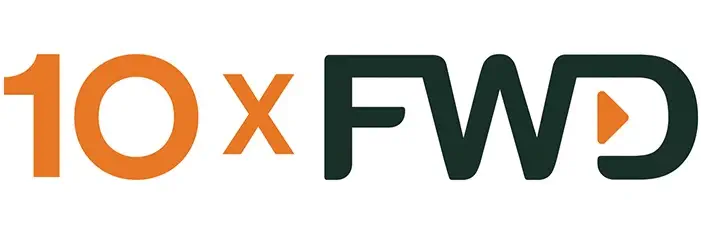
5 insurance terms you need to know (part 1)
Getting insurance is easy, but understanding your contract can be daunting. Check out these commonly used insurance terms, learn what they mean, and let them be your guide in setting up and protecting your health and financial future.
Documents intimidate many of us, especially an official and legally binding one like an insurance policy. More often than not, we just trust our agents to fill us in on all the important details of our plan, and if we’re not satisfied with the explanation, we just don’t purchase it at all.
A study in Canada rates confusion as the No. 2 reason out of 13 why people don’t buy life insurance.
It’s a shame, really, as this means it’s the only thing standing between you and securing your future. Don’t let insurance jargon get in the way of protecting yourself and your loved ones. Expand your vocabulary and learn these five commonly used insurance terms.
1. Insurance premium
This is basically the total amount of money you pay to the insurance company to get you covered. This amount varies based on a number of factors like your age, gender, pre-existing medical conditions, and sometimes even the nature of your job. This can be paid in lump sum or broken down in yearly, semi-annual or quarterly payments. Most providers cancel your coverage automatically once you stop paying the premium, so make sure you always pay on time and within the grace period. It’s good to start when you’re young as insurance plans offer the best rates for you and you can start your journey to financial wellbeing early.
2. Annuity
For all intents and purposes, you may refer to annuities as a sort of retirement fund. It is a chunk of money you set aside with the help of your insurance provider so you can have a steady source of income later on in life. Annuities work when you have a sizable amount that you feel you can live without for now, that it can be stashed away for a long time and it won’t impact your current financial setup. The amount of money you get in the future may vary depending on the type of plan you get (fixed or variable) and the prevailing interest rate.
3. Dividend
Some insurance plans offer dividends—yearly payments taken out of the insurance company’s profits and paid out to policyholders. This is a little extra income that you get for purchasing the plan. But dividends aren’t set in stone; there may be years when the insurance company will declare minimal profits or none at all. Still, if your plan offers dividends, it could greatly help in taking care of your premium, or you could even invest it in other insurance or investment products. Or spend it on things that you wisely postponed to get insurance.
4. Maturity date
In getting life insurance, you either get one that covers you for your entire life or for a fixed period. When it’s fixed, there is a certain date when your policy stops covering you and pays you the lump sum amount stipulated in the contract. Sometimes, even whole life policies have maturity dates that normally coincide with your 100th or 120th birthday. Should you reach that age, you’d get whatever it is your next of kin would have gotten had something bad happened to you.
5. Face amount
This is the amount of money you or your beneficiary will receive in the event of your death or policy maturity. It’s a baseline though, as the amount could be more, depending on the cause of death (e.g., accidental) and other provisions on your contract, or if you’re supposed to get additional remuneration like in the form of dividends. It is usually found on the very first or top page of your policy, hence the name “face” amount.
Your policy may specifically set its own definition of some of these terms. Talk to an FWD Life Insurance financial advisor about the many options available to you, whether you want investment-linked plans such as FWD Manifest and FWD Set for Life or critical illness insurance plans like FWD Set for Health, FWD Vibrant, or FWD BIG 3.
All of these plans can help you achieve your health, financial, and retirement goals. Continue your journey toward a life worth celebrating by consulting an expert today.
To discover our easy-to-buy insurance plans, simply visit our online shop.






